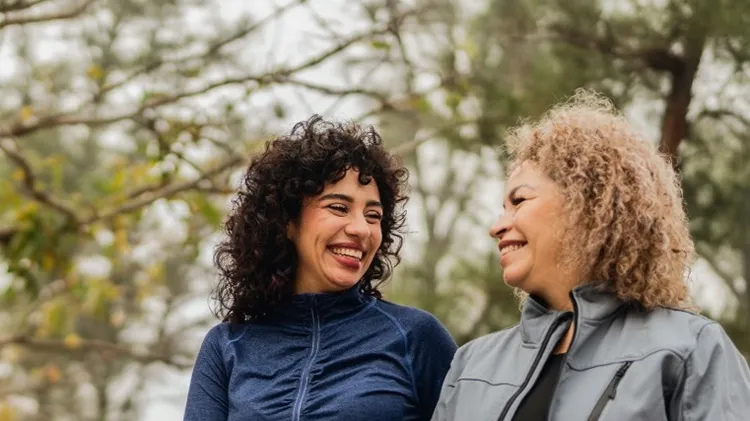We're used to hearing that rest is best but when it comes to cancer and its
Running and cancer
13 min read
This article is from...
Read this article and 8000+ more magazines and newspapers on Readly






